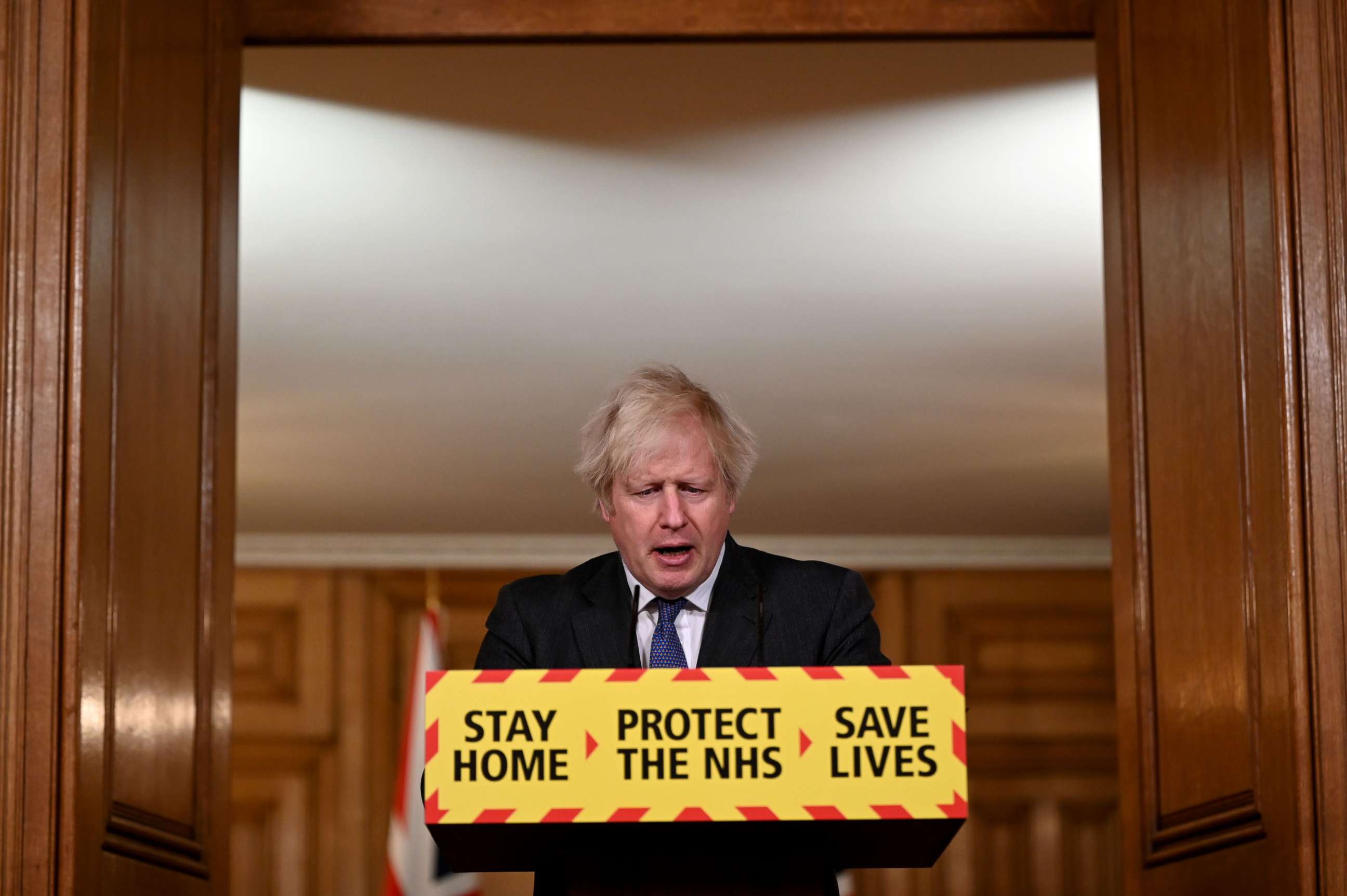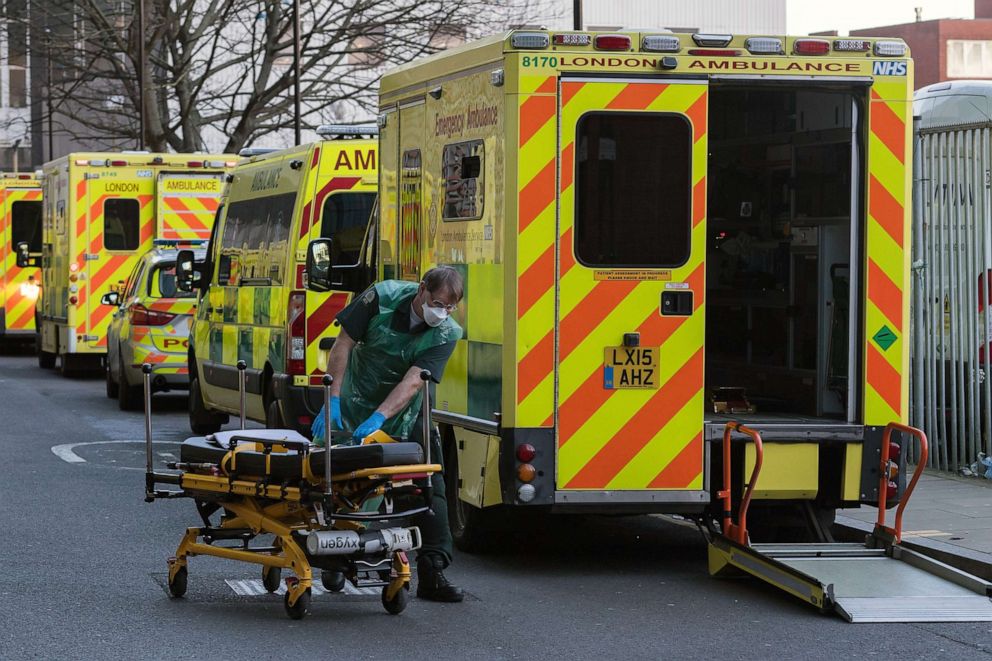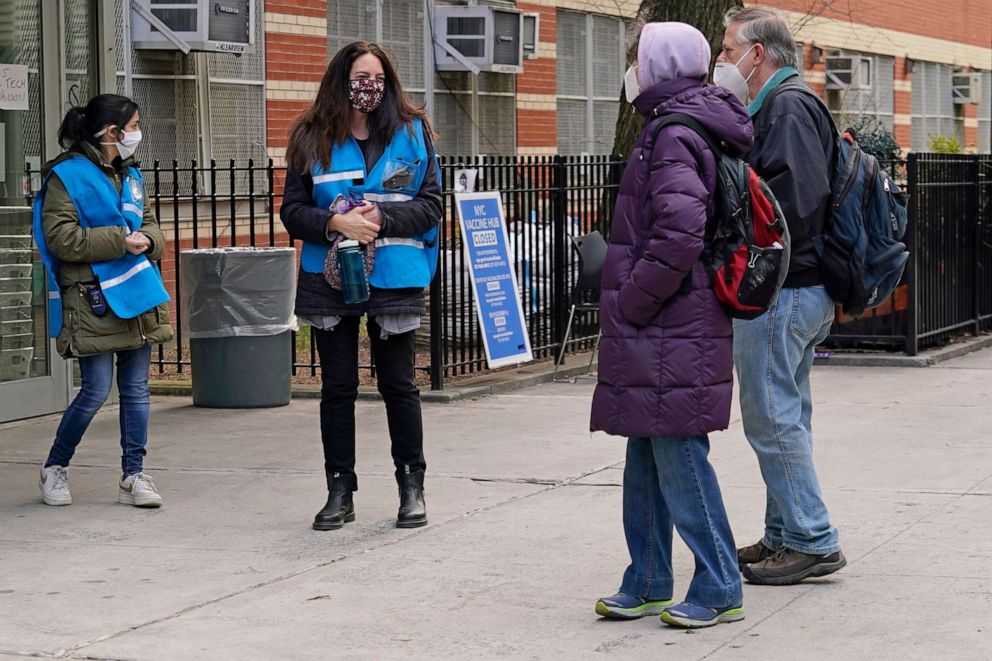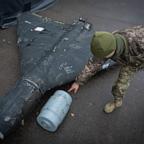Severe allergic reactions rare but possible with Moderna vaccine
A CDC report released Friday indicates that the risk of severe allergic reactions with Moderna's vaccine is low. Severe, life threatening allergic reactions were seen in 2.5 cases per million people receiving the first dose of the Moderna COVID-19 vaccine, the report said.
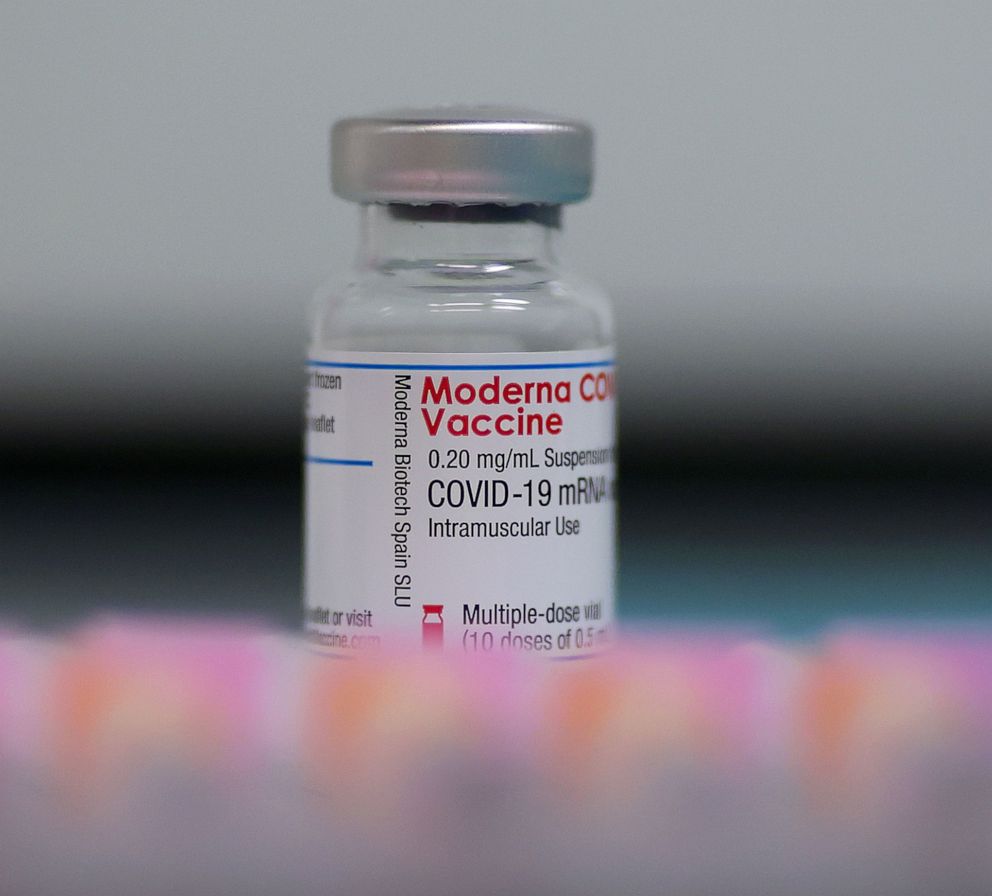
Of the 4,041,396 first doses given as of Jan. 10, there were 1,266 (0.03%) reports of "adverse events," the report said. Among those, 108 "adverse events" were considered as possible cases of severe allergic reaction, including anaphylaxis. Ten cases were determined to be anaphylaxis (a rate of 2.5 anaphylaxis cases per 1 million doses) including nine people with a documented history of allergies or allergic reactions, the report said.
ABC News’ Sony Salzman contributed to this report.
